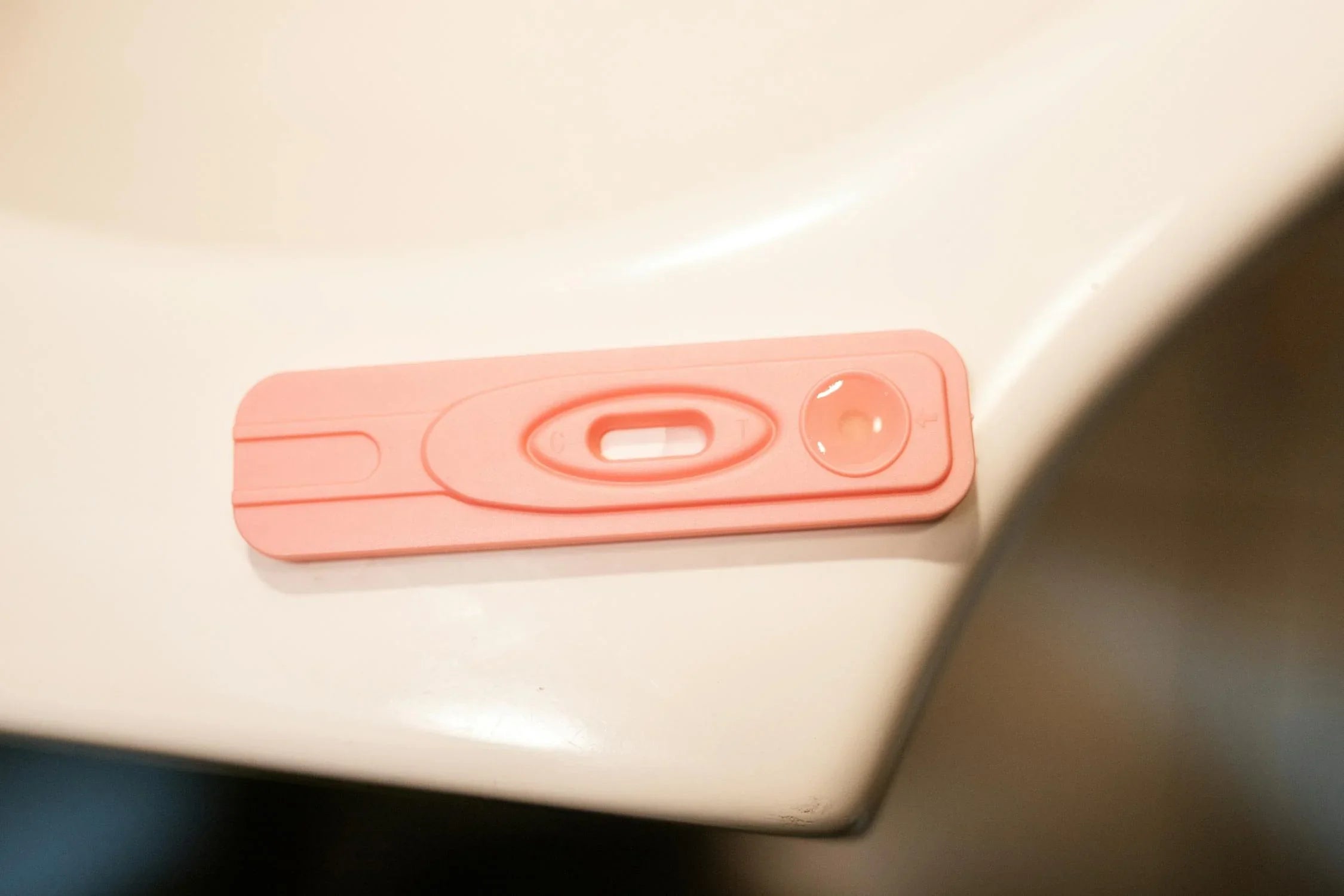Inicio
Pregnancy, Breastfeeding, and Pumping: The Ultimate Guide for Moms
Can a Urine Pregnancy Test at the Doctor Be Wrong? Exploring the Facts

Can a Urine Pregnancy Test at the Doctor Be Wrong? Exploring the Facts
Understanding Urine Pregnancy Tests
Urine pregnancy tests are a common method used to determine whether a woman is pregnant. These tests detect the presence of human chorionic gonadotropin (hCG), a hormone produced during pregnancy. While many people rely on home pregnancy tests, some prefer to have the test administered at a doctor's office for added assurance. But can a urine pregnancy test at the doctor be wrong? Let's delve into the details.
How Urine Pregnancy Tests Work
Urine pregnancy tests work by identifying hCG levels in the urine. When a woman becomes pregnant, her body starts producing hCG, which can be detected as early as 10 days after conception. The test involves either dipping a test strip into a urine sample or placing a few drops of urine onto a testing device. The results are usually available within a few minutes.
Accuracy of Doctor-Administered Tests
Doctor-administered urine pregnancy tests are generally considered highly accurate. They are often more sensitive than over-the-counter home tests, meaning they can detect lower levels of hCG. However, no test is infallible, and there are several factors that can influence the accuracy of the results.
Factors That Can Affect Test Results
Several factors can lead to inaccurate results in a urine pregnancy test, even when administered by a healthcare professional. These include:
- Timing of the Test: Taking the test too early can result in a false negative, as hCG levels may not yet be detectable.
- Medications: Certain medications, such as those containing hCG, can interfere with the test results.
- Medical Conditions: Conditions like ovarian cysts or certain types of cancer can produce hCG, leading to a false positive.
- Improper Sample Collection: If the urine sample is not collected or handled correctly, it can affect the test's accuracy.
False Positives and False Negatives
Both false positives and false negatives can occur with urine pregnancy tests. A false positive indicates a pregnancy when there is none, while a false negative indicates no pregnancy when one exists. Understanding the potential for these errors is crucial for interpreting test results accurately.
Confirming Pregnancy
If a urine pregnancy test at the doctor's office yields a positive result, further confirmation is usually recommended. This often involves a blood test, which is more sensitive and can provide a more definitive answer. Additionally, an ultrasound may be performed to confirm the presence of a gestational sac or embryo.
When to Retest
If you receive a negative result but still suspect you might be pregnant, it may be advisable to retest after a few days. hCG levels double approximately every 48 hours in early pregnancy, so waiting a few days can increase the likelihood of an accurate result.
Consulting a Healthcare Professional
If you have any doubts or concerns about the results of a urine pregnancy test, it's essential to consult a healthcare professional. They can provide guidance, perform additional tests, and help you understand the implications of the results.
Emotional Considerations
Receiving the results of a pregnancy test can be an emotional experience, regardless of the outcome. It's important to have a support system in place and to seek professional help if needed. Counseling services can provide valuable support during this time.
Final Thoughts
While urine pregnancy tests administered at the doctor's office are generally reliable, they are not without the potential for error. Understanding the factors that can influence the results and knowing when to seek further confirmation can help ensure that you receive accurate information. Always consult with a healthcare professional if you have any doubts or concerns about your test results.
Compartir
